
Polish brain-computer interface confirmed 'to work in space’
Astronauts aboard the International Space Station have successfully controlled a computer interface using only brain signals during the PhotonGrav experiment, part of Poland’s IGNIS mission. Despite physiological changes caused by microgravity, the system achieved an average control accuracy exceeding 80 percent.
-
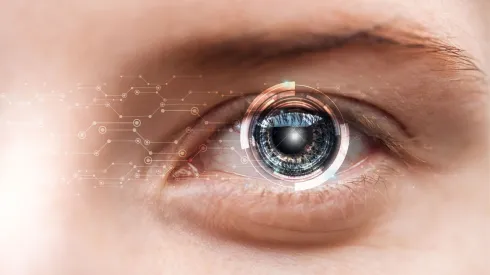
Small RNA Gene variants identified as cause of retinitis pigmentosa
An international team of researchers has identified a previously underrecognized genetic cause of retinitis pigmentosa, showing that in some patients the disease stems not from defects in protein-coding genes but from subtle changes in small RNA molecules essential for gene processing.
-
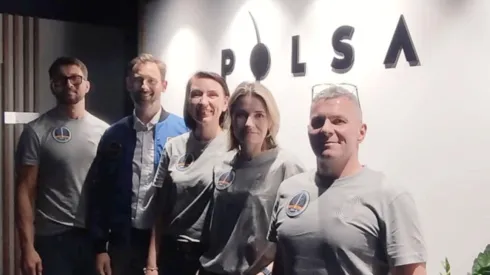
Neurofeedback brain training protects astronauts from stress during space missions
Brain training with neurofeedback proved to effectively protect astronauts from stress, specifically the stressor of social isolation, during missions to the International Space Station, according to results from the Polish IGNIS mission.
-
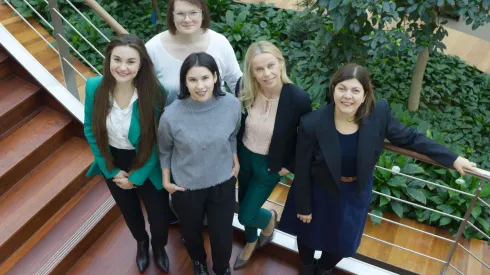
Kraków scientists turn chemotherapy into targeted therapy with new brain tumor delivery
Researchers at Jagiellonian University in Kraków have developed a new method for administering temozolomide (TMZ), a chemotherapy drug used in brain tumor therapy, that could improve treatment effectiveness and reduce side effects.
-
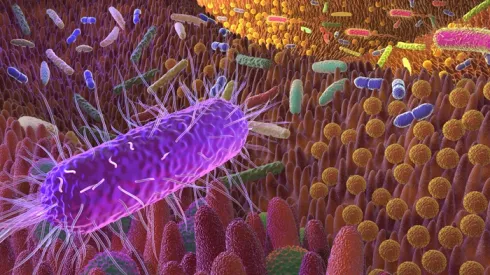
Gut bacteria offers new hope in lung treatment
Researchers from the Nencki Institute of Experimental Biology have identified a compound produced by gut bacteria that can reduce lung inflammation, raising the prospect of new treatments for asthma and severe respiratory infections.
-
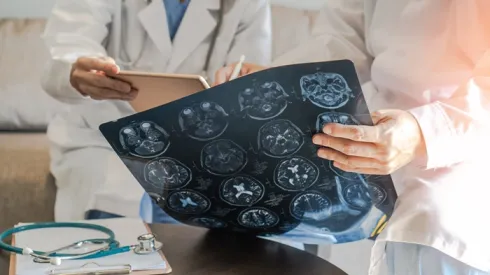
New study maps timing between brain signals and blood supply
An international research team from Berlin, Ljubljana, and Warsaw has quantified how long it takes for blood vessels to respond to neural activity during simple motor tasks, and how stable this delay is across individuals and repeated trials.
-
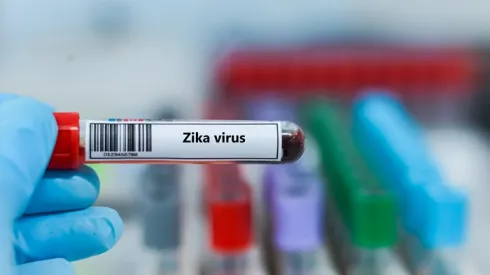
Gdańsk scientists develop technology to prevent Zika infections
The European Patent Office has granted a patent to a research team from the Intercollegiate Faculty of Biotechnology of the University of Gdańsk and the Medical University of Gdańsk for a technology aimed at preventing Zika virus infections.
-
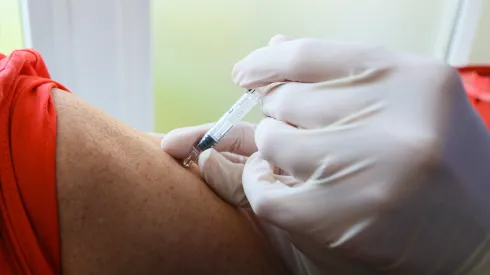
Beyond the Flu: How vaccinations boost health across the body
Vaccinations against influenza and other respiratory infections protect against more than the infection itself and its immediate complications. They also reduce the risk of cardiovascular events, curb antibiotic resistance, may lower the risk of dementia and certain cancers, and strengthen general immunity, emphasizes Professor Piotr Rzymski.
-
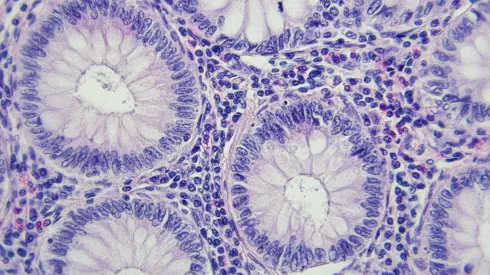
Cancer cells ‘adapt metabolism to thrive in new organs’, study finds
Cancer cells can reprogram their metabolism to survive in different organs, a process that influences their ability to metastasise, according to a study published in Nature by an international team including Sonia Trojan, PhD, from Jagiellonian University.
-

Training children’s sense of smell improves their everyday life, study shows
The sense of smell plays a crucial role in children’s daily functioning, from regulating emotions to enhancing taste, social interactions, and safety, according to Marta Rokosz, PhD, a researcher at the University of Wrocław’s Institute of Psychology.













